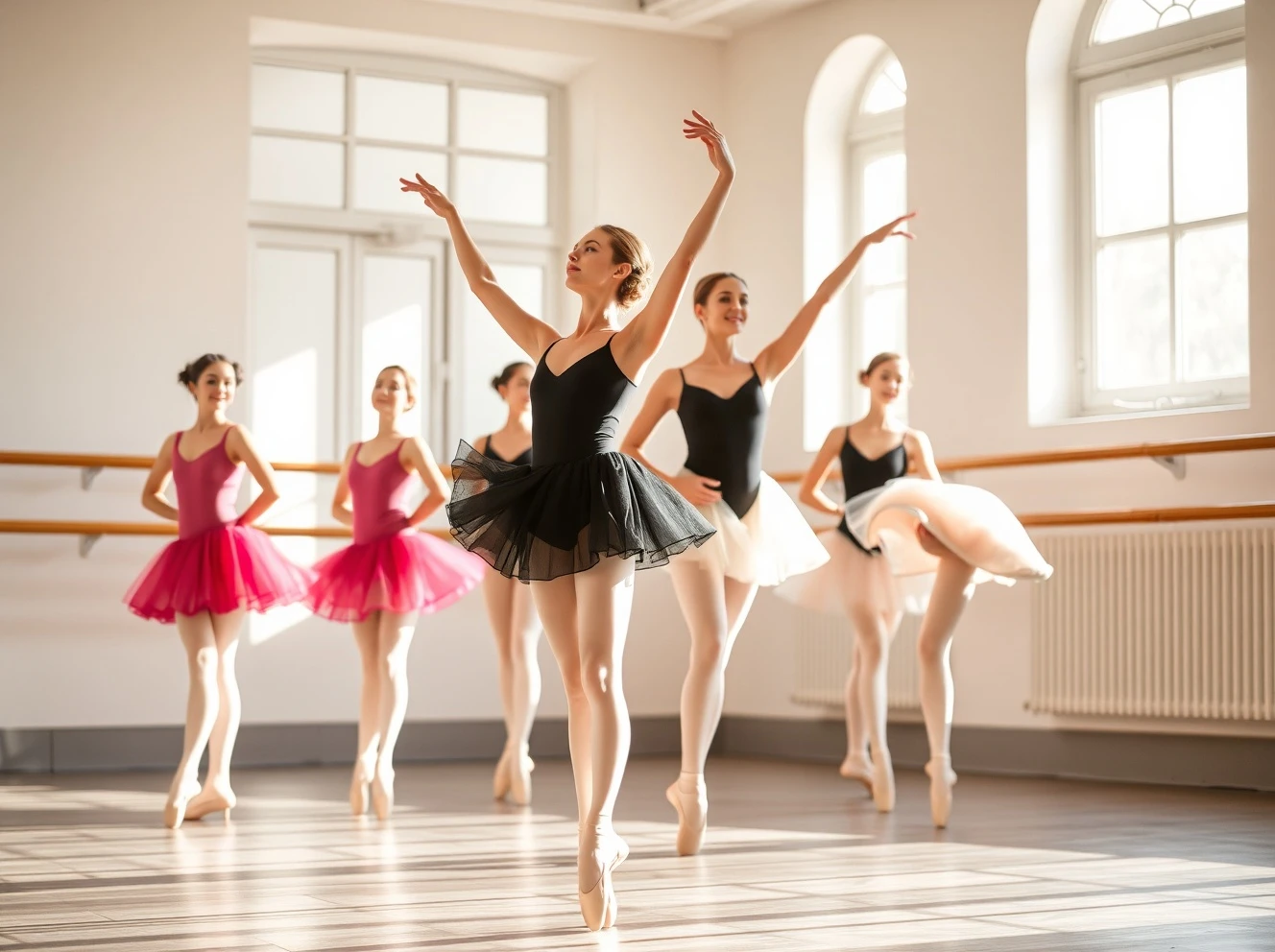The prestigious Royal Ballet School has announced groundbreaking changes to its ballet training approach, marking a significant shift in how elite dancers develop their careers. Starting September 2026, the institution will eliminate full-time residential programs for students aged 11-12, responding to emerging research about optimal development pathways.
Transforming Ballet Training Methodology
The Royal Ballet School’s decision reflects a growing consensus within elite dance education. Artistic Director Iain Mackay emphasizes that new evidence supports delayed specialization. Consequently, the school consulted healthcare specialists and education researchers before implementing these changes. The revised ballet training model prioritizes long-term career success over early intensive preparation.
New Regional Ballet Training Programs
The restructured approach centers on expanded regional Associate centers across eight UK locations. Additionally, a new UK Scholars programme will identify exceptional talent. This decentralized ballet training system maintains high standards while reducing boarding requirements for young students. Currently, 90% of full-time entrants emerge from the Associate pathway anyway.
Key Benefits of Delayed Specialization
- Enhanced mental resilience in professional dancers
- Longer performing careers with reduced injury rates
- Higher achievement levels throughout careers
- Better emotional adjustment to intensive training
Industry Support for Ballet Training Changes
Both major British ballet companies endorse the new approach. Kevin O’Hare, Director of The Royal Ballet, calls the initiative “timely and appropriate.” Similarly, Carlos Acosta of Birmingham Royal Ballet praises the research-based decision-making. This united support signals a potential industry-wide shift in ballet training philosophies.
Addressing Boarding Challenges in Ballet Training
The school carefully considered psychological impacts on young students. Research shows that combining intensive ballet training with residential displacement creates significant emotional demands. Therefore, the new model allows students to remain with families during critical developmental years while still receiving quality instruction.
Future of Ballet Training Evolution
The Royal Ballet School will continue evaluating optimal entry points for intensive preparation. The institution plans to gather evidence during transition to determine whether full-time training should begin at Year 9 or 10. This ongoing assessment ensures ballet training methods evolve with best practices.
Frequently Asked Questions
When do the new ballet training changes take effect?
The changes begin in September 2026 for Year 7 students and September 2027 for Year 8 students. Current students will complete their programs under existing structures.
Will total enrollment numbers decrease?
No. The school will redistribute full-time positions to older year groups rather than eliminating spots. Total enrollment remains consistent while age demographics adjust.
How will talent identification work under the new system?
The expanded Associate program and UK Scholars initiative will identify promising dancers through regional centers. Performance opportunities and intensive courses will help spot exceptional talent early.
Are other ballet schools expected to follow this approach?
While not confirmed, The Royal Ballet School’s influential position suggests other institutions may consider similar changes. The research-based approach and company endorsements make a compelling case for delayed specialization.
What evidence supports later ballet training specialization?
Research shows later specializers develop better mental resilience, experience longer careers, and achieve more consistent success levels. Healthcare specialists and education researchers contributed to these findings.
How will the new system affect students’ family lives?
Students aged 11-13 will train through regional programs while living at home, reducing emotional strain from early boarding separation while maintaining high-quality ballet training.


